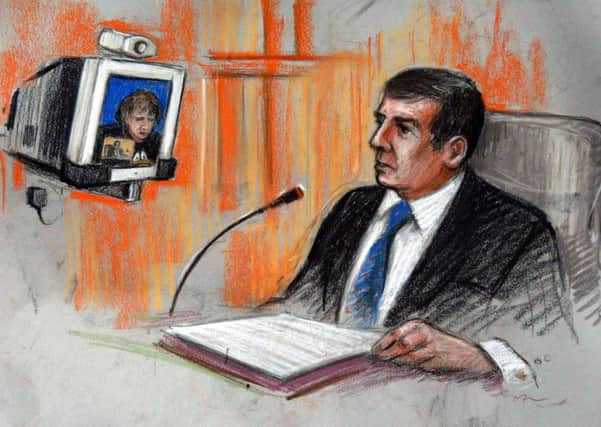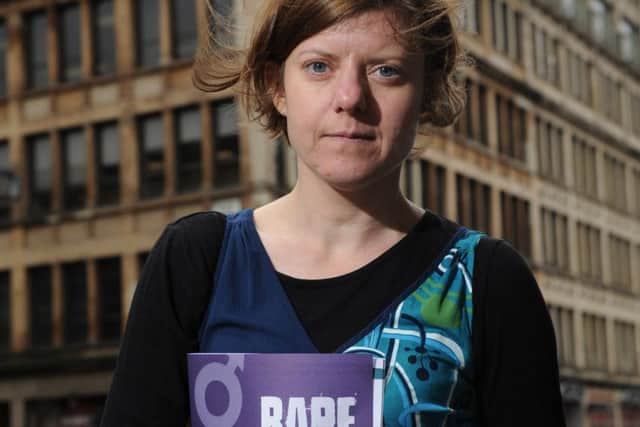Video technology to spare victims trauma of giving evidence in court


The Children’s Commissioner and Rape Crisis Scotland are stepping up calls for change, insisting that vulnerable witnesses are often denied “access to justice” as a result of Scotland’s adversarial legal system.
The United Nations Committee on the Rights of the Child has expressed concerns about child victims and witnesses being cross-examined in court, while sexual assault victims have complained their treatment is worse than the attack itself.
Advertisement
Hide AdAdvertisement
Hide AdPre-recorded evidence and live video links can be used in Scottish courts, but applications are rare. This could now change after Scottish Government research found the techniques do not affect the outcome of cases.


“There is no compelling evidence that the use of pre-recorded evidence or live links, whether by child or adult witnesses, has a significant effect on verdicts in criminal trials,” it found.
Sandy Brindley, of Rape Crisis Scotland, said women had described the court experience as “degrading, terrifying and worse than being raped.”
“We are very supportive of any steps to increase the use of pre-recorded evidence in rape trials,” Brindley said.
“This could transform the experience of the justice process for rape complainers, by reducing trauma and improving the chances of getting the best evidence from them.”


Researchers did not speak to Scots jurors, which is banned, but looked at international evidence for the study entitled The Impact of Pre-recorded Evidence on Juror Decision-Making: An Evidence Review. Contrary to the “misplaced confidence” of jurors, it suggests they are “not significantly better able to discern deception when children testify in open court.
Many countries already ensure that children and young people need not appear in court at trial. Their evidence is recorded as soon as possible after an incident.
Scotland’s Children and Young People’s Commissioner, Bruce Adamson, said it was time to protect youngsters’ rights.
Advertisement
Hide AdAdvertisement
Hide Ad“Children’s right to access justice in Scotland is being breached by an adversarial system which does not take account of their needs and which often leaves children feeling they have been disbelieved,” he said.
Stuart Munro, a member of the Law Society of Scotland’s criminal law committee, welcomed the findings and admitted that court can be a “daunting” experience.
He said: “It is important that our courts take account of the needs of children and vulnerable adult witnesses.
“The Law Society will continue to engage with the Scottish Government and other stakeholders to improve the experience for all court users.”
A Scottish Government spokesman said the findings would mean more people bring spared the ordeal of giving evidence in court.
He said: “We are committed to the increased use of pre-recorded evidence.”